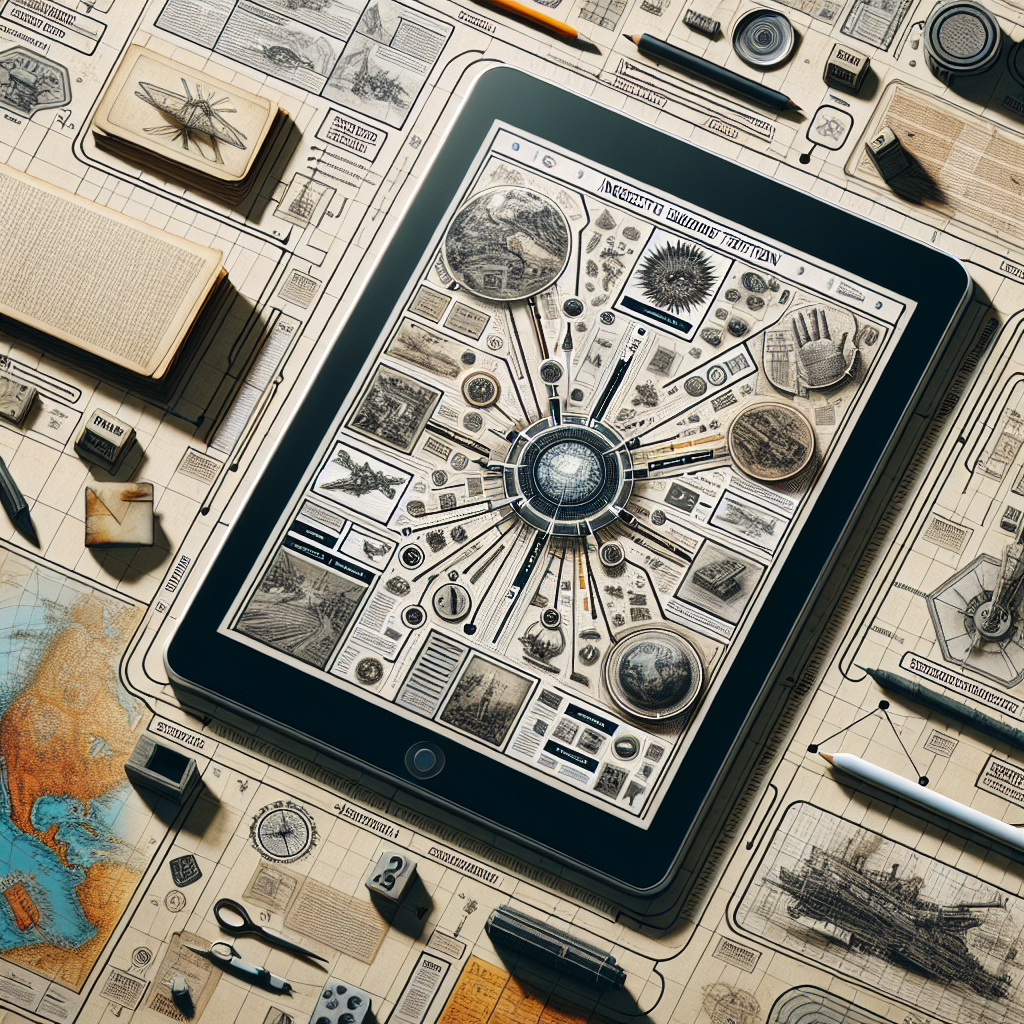In today’s digital age, technology enhance historical research in unprecedented ways. Scholars and historians harness various digital tools to uncover, analyze, and share historical narratives. The integration of technology into historical research not only makes the process more efficient but also opens up new avenues for exploration and discovery.
Digital Archives and Databases
One of the most significant advancements in historical research is the rise of digital archives and databases. Institutions like the Library of Congress and the British Library have digitized vast collections of documents, photographs, and manuscripts. Researchers can now access primary sources from anywhere in the world, eliminating geographical barriers. This accessibility allows for a more diverse range of voices and perspectives in historical narratives.
Moreover, many digital archives utilize advanced search functionalities, enabling researchers to find specific documents quickly. This capability significantly reduces the time spent sifting through physical archives, allowing historians to focus on analysis and interpretation.
Data Visualization Tools
Another way that technology enhance historical research is through data visualization tools. Historians can create interactive maps, timelines, and infographics that present complex information in an easily digestible format. For instance, using Geographic Information Systems (GIS), researchers can visualize historical events in relation to geographical locations, providing deeper insights into the context of historical occurrences.


These visual tools not only aid in analysis but also enhance storytelling. By presenting data visually, researchers can engage a broader audience, making history more accessible and relatable to the general public.
Collaboration and Crowdsourcing
The internet has revolutionized collaboration in historical research. Platforms like GitHub and various academic forums allow researchers to share findings, methodologies, and resources. Crowdsourcing projects, such as transcribing historical documents, enable enthusiasts and volunteers to contribute to research efforts. This collective intelligence can lead to discoveries that might not have been possible through individual research alone.
Furthermore, social media provides a platform for historians to connect with each other and with the public. Sharing research findings, participating in discussions, and receiving feedback from a diverse audience can enrich the research process and foster a community of historians.
In conclusion, technology enhance historical research by providing tools that improve accessibility, analysis, and collaboration. As technology continues to evolve, it will undoubtedly unlock even more potential for historians to explore our past. Embracing these advancements will lead to a richer understanding of history and its relevance to our present and future.
Some content and/or images on this page were created using AI.





